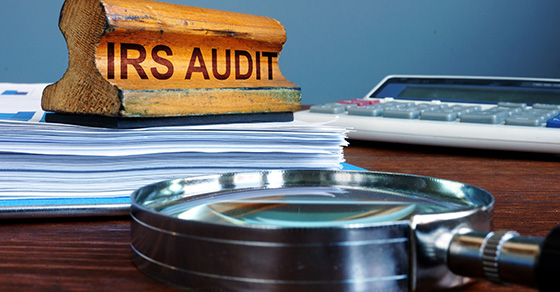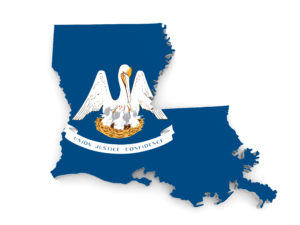
Bitcoin and other forms of virtual currency are gaining popularity. But many businesses, consumers, employees and investors are still confused about how they work and how to report transactions on their federal tax returns. And the IRS just announced that it is targeting virtual currency users in a new “educational letter” campaign.
The nuts and bolts
Unlike cash or credit cards, small businesses generally don’t accept bitcoin payments for routine transactions. However, a growing number of larger retailers — and online businesses — now accept payments. Businesses can also pay employees or independent contractors with virtual currency. The trend is expected to continue, so more small businesses may soon get on board.
Bitcoin has an equivalent value in real currency. It can be digitally traded between users. You can also purchase and exchange bitcoin with real currencies (such as U.S. dollars). The most common ways to obtain bitcoin are through virtual currency ATMs or online exchanges, which typically charge nominal transaction fees.
Once you (or your customers) obtain bitcoin, it can be used to pay for goods or services using “bitcoin wallet” software installed on your computer or mobile device. Some merchants accept bitcoin to avoid transaction fees charged by credit card companies and online payment providers (such as PayPal).
Tax reporting
Virtual currency has triggered many tax-related questions. The IRS has issued limited guidance to address them. In a 2014 guidance, the IRS established that virtual currency should be treated as property, not currency, for federal tax purposes.
As a result, businesses that accept bitcoin payments for goods and services must report gross income based on the fair market value of the virtual currency when it was received. This is measured in equivalent U.S. dollars.
From the buyer’s perspective, purchases made using bitcoin result in a taxable gain if the fair market value of the property received exceeds the buyer’s adjusted basis in the currency exchanged. Conversely, a tax loss is incurred if the fair market value of the property received is less than its adjusted tax basis.
Wages paid using virtual currency are taxable to employees and must be reported by employers on W-2 forms. They’re subject to federal income tax withholding and payroll taxes, based on the fair market value of the virtual currency on the date of receipt.
Virtual currency payments made to independent contractors and other service providers are also taxable. In general, the rules for self-employment tax apply and payers must issue 1099-MISC forms.
IRS campaign
The IRS announced it is sending letters to taxpayers who potentially failed to report income and pay tax on virtual currency transactions or didn’t report them properly. The letters urge taxpayers to review their tax filings and, if appropriate, amend past returns to pay back taxes, interest and penalties.
By the end of August, more than 10,000 taxpayers will receive these letters. The names of the taxpayers were obtained through compliance efforts undertaken by the IRS. The IRS Commissioner warned, “The IRS is expanding our efforts involving virtual currency, including increased use of data analytics.”
Last year, the tax agency also began an audit initiative to address virtual currency noncompliance and has stated that it’s an ongoing focus area for criminal cases.
Implications of going virtual
Contact us if you have questions about the tax considerations of accepting virtual currency or using it to make payments for your business. And if you receive a letter from the IRS about possible noncompliance, consult with us before responding.




